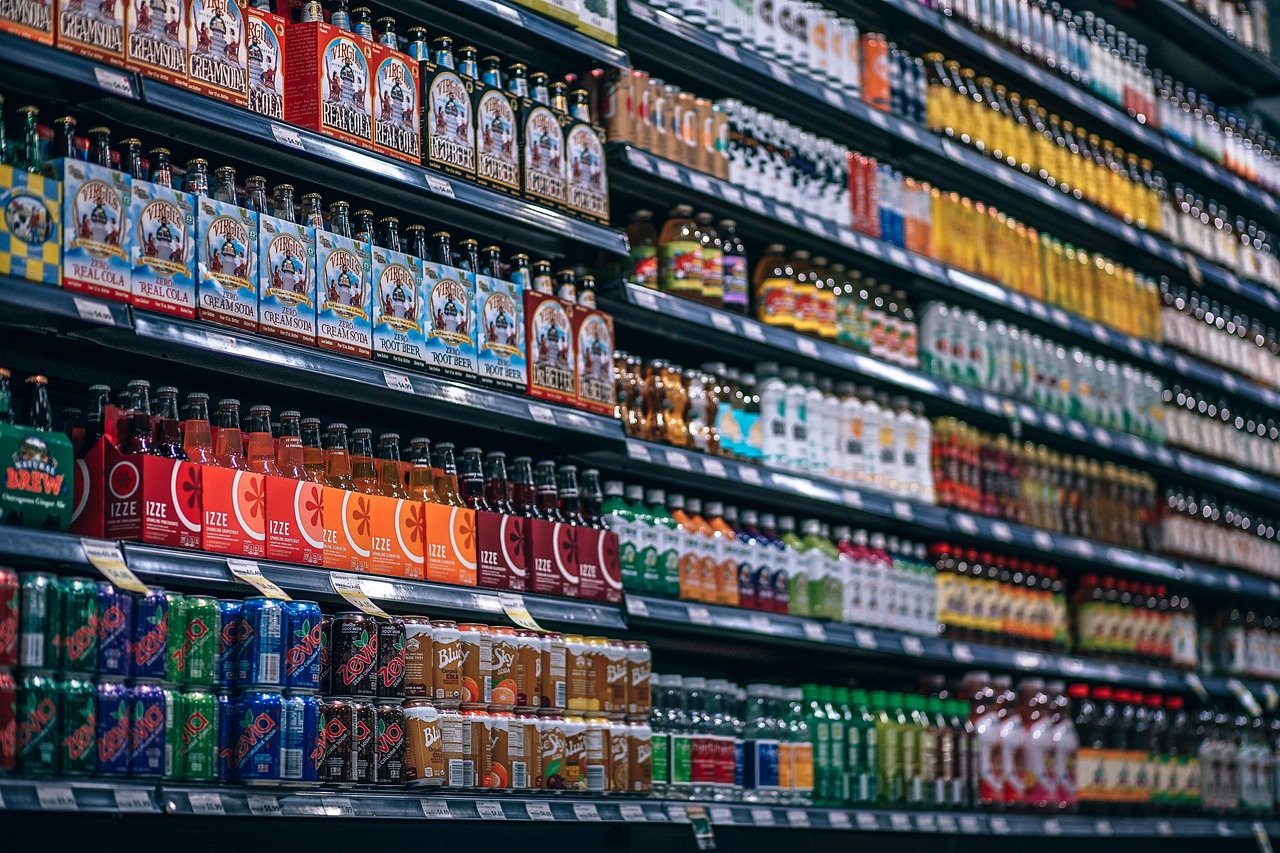Attachments
Note: Not all attachments are visible to the general public. Research URLs will go live after the embargo ends.

Journal/
conference: JAMA Psychiatry
conference: JAMA Psychiatry
Research:Paper
Organisation/s:
University Hospital Frankfurt–Goethe University, Germany
Funder:
This work was funded in part by
the consortia grants from the German Research
Foundation (DFG) SFB/TRR 393 (project grant
number 521379614). This work is part of the
German multicenter consortium Neurobiology of
Affective Disorders: A Translational Perspective on
Brain Structure and Function, funded by DFG
(Forschungsgruppe/research unit FOR2107), as well
as the LOEWE Center DYNAMIC, funded by the
Hessisches Ministerium für Wissenschaft und
Forschung, Kunst und Kultur. Dr Edwin Thanarajah
was funded by the Leistungszentrum Innovative
Therapeutics (TheraNova), funded by the
Fraunhofer Society and the Hessian Ministry of
Science and Art, the Bundesministerium für Bildungund Forschung (BMBF, Federal Ministry of
Education) (01EO2102 INITIALISE Advanced
Clinician Scientist Program), and the REISS
Foundation. Dr Aichholzer was funded by the DFG
(493624332 INDEEP Clinician Scientist Program).
Dr Nitsch was funded by the Collaborative Research
Center (CRC) 1451 Motor Control, project C8.
Microbiota sequencing received infrastructure
support by the DFG Cluster of Excellence “Precision
Medicine in Chronic Inflammation” (PMI, EXC2167)
and the DFG Research Unit 5042 miTarget.
Dr. Repple was supported by the LOEWE program
of the Hessian Ministry of Science and Arts (grant
number: LOEWE1/16/519/03/09.001(0009)/98).



 International
International


